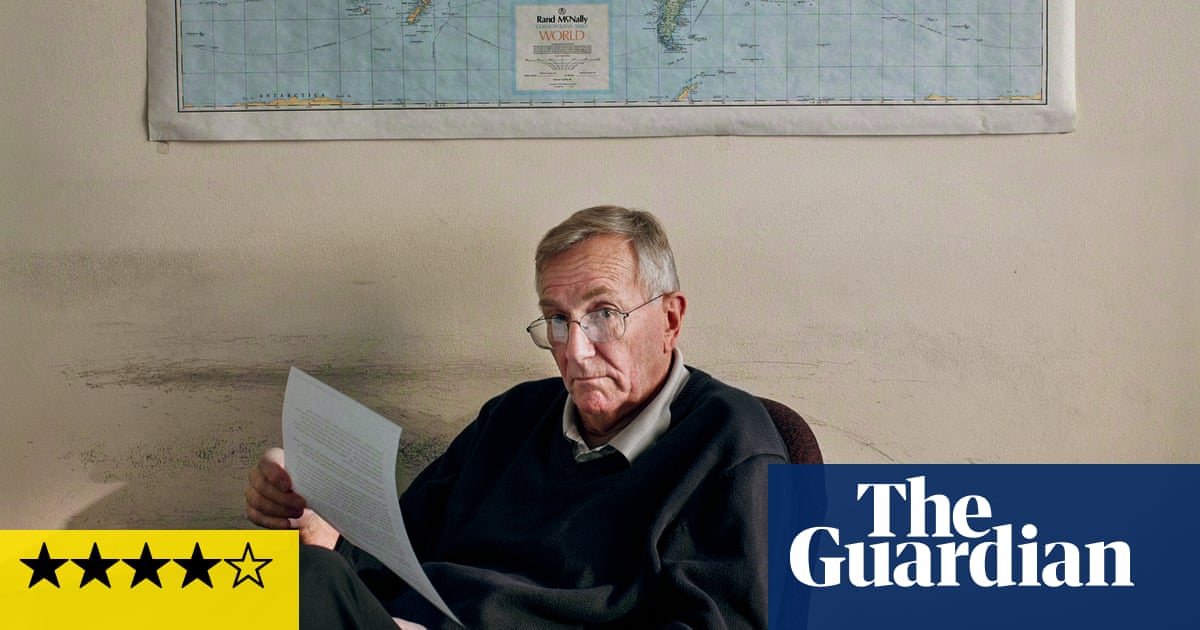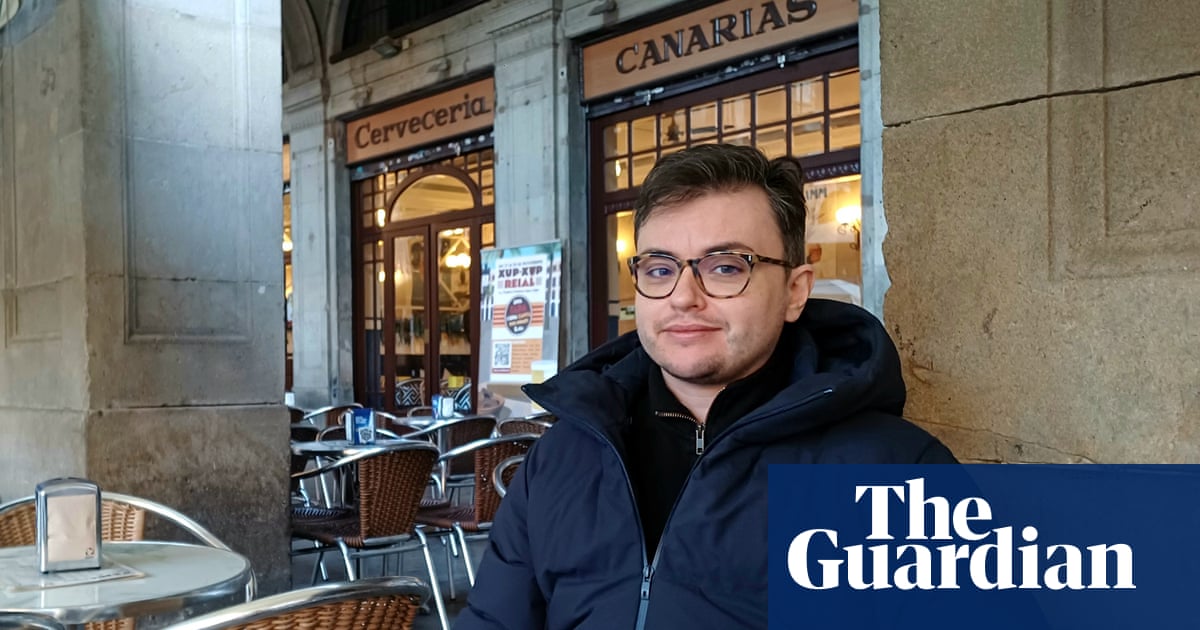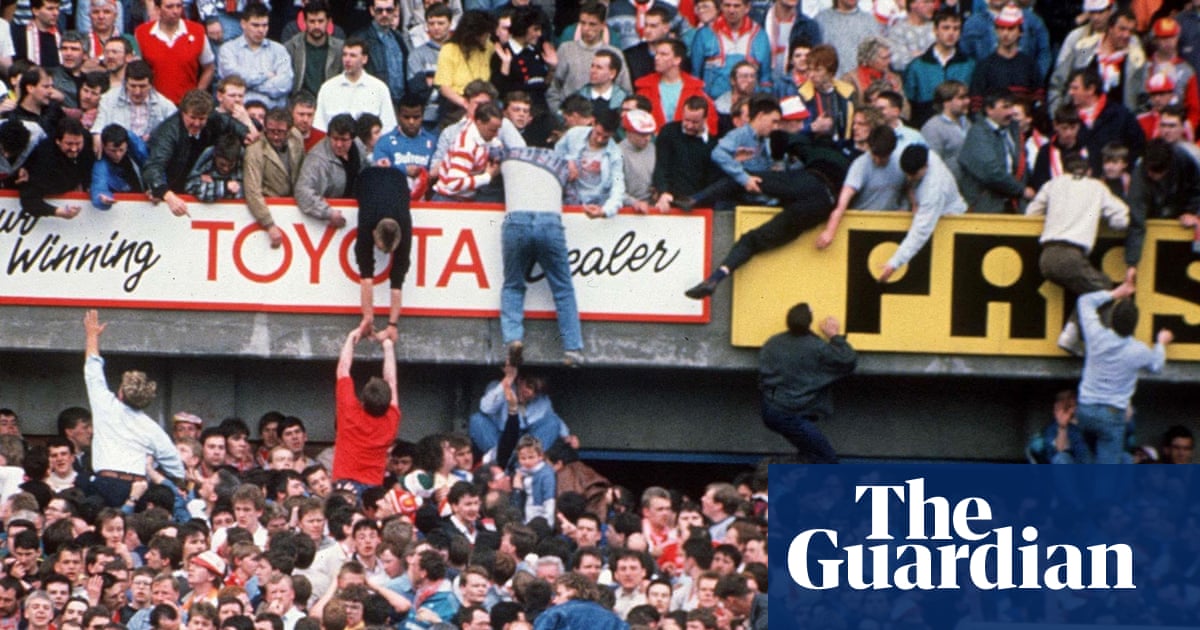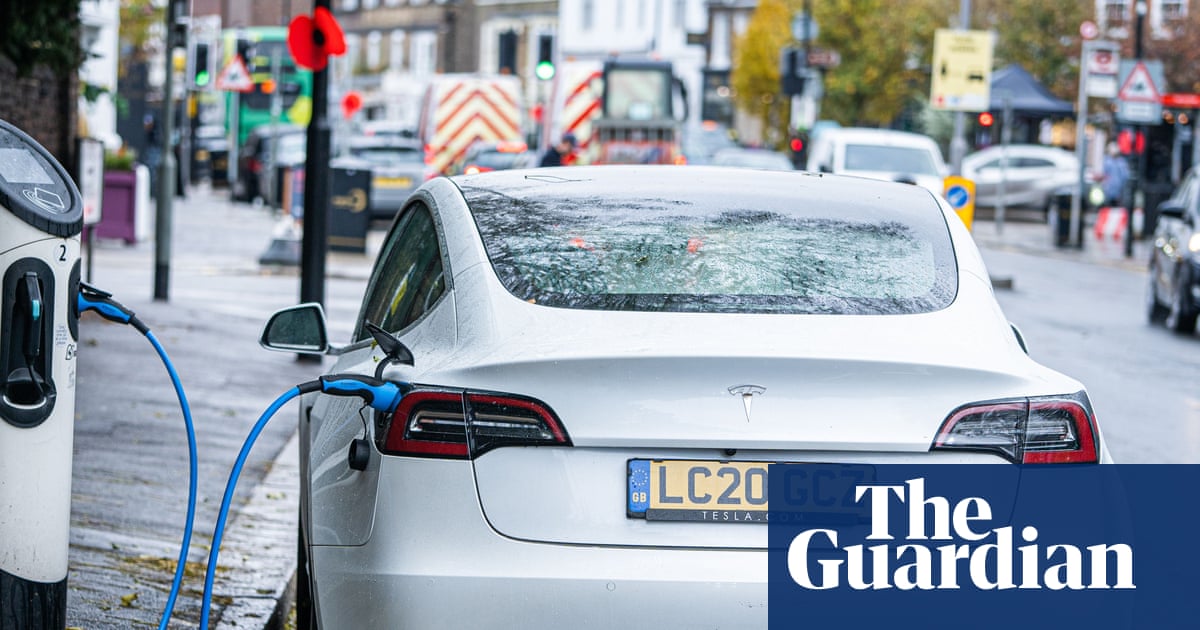Controversial plans to create an underground zip wire experience in a 19th-century Lake District slate quarry have been given the go-ahead by a high court judge.
On Wednesday, Mr Justice Mould delivered a ruling that could bring to an end a long-running battle that has sparked debates about how people can and should experience national parks.
One international heritage body had said the plan for Elterwater slate quarry was tantamount to creating a “theme park” that threatened the area’s tranquility.
But supporters pointed out that the attraction would be underground and out of sight. They also argued that it was a way of welcoming a larger, more diverse group of visitors to the Lake District.
The Elterwater zip wire plan was turned down in 2023, but then approved by planners in May 2024. The campaign group Friends of the Lake District then sought a judicial review that led to a two-day hearing in April this year.
The group argued planners had misunderstood their responsibilities but, in his ruling, the judge backed planning officials and dismissed the arguments made against the approval.
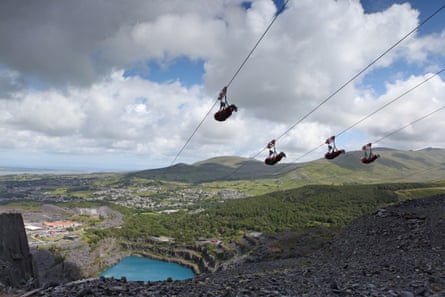
Michael Hill, the CEO of Friends of the Lake District, said they were now considering the implications of the judgment and whether to appeal.
“We are disappointed, but we are energised by the fact that we’ve managed to make a point about what we stand for,” he said.
Hill added that the charity had nothing against people coming to learn about the industrial history of the quarry, “But we believe that the way the attraction is configured with zip wires is going to trivialise the experience.
“It will not honour the memory of the quarrymen and the miners who worked there. It will just be an adrenaline experience.”
Others to object to the plan include the International Council on Monuments and Sites (Icomos), an advisory body to the international heritage organisation Unesco.
Icomos said the plans imperilled the area’s “tranquil and contemplative” quality and described the attraction as being “of a type that would transform the quarry or part of it into a theme park and would trivialise the experience of an important aspect of the Lake District’s heritage”.
The envisaged use of the caverns was more “adventure tourism” than “cultural heritage interpretation”, it added.
Hill said the stakes were high and he feared the Lake District could lose its Unesco world heritage status altogether.
after newsletter promotion
“Unesco took away world heritage site status from the docks at Liverpool a few years ago and they’ve done it for other places around the world,” he said. “And they could do it here if we carry on disregarding their advice about the special characteristics of this place.”
The zip wire application was made by the quarry’s owners, Burlington Stone, in partnership with Zip World, which operates a number of zip line experiences across England and Wales.
One of those is Zip World at Penrhyn Quarry in Snowdonia, Wales, home to Velocity 2, the fastest zip line in the world.
The Elterwater quarry has been worked since the mid-19th century and Burlington Stone has permission to continue quarrying until at least 2042. It plans to run the new attraction alongside its extraction work.
Plans for a “cavern toboggan” element to the experience were previously dropped by the applicants.
Steve Ratcliffe, director of sustainable development at the Lake District National Park Authority (LDNPA), said: “Whilst we are pleased with the result and respect the right of any person or organisation to challenge the decisions made by the LDNPA through judicial review proceedings, we are disappointed that the application came before the high court without any engagement with pre-action protocols or notification, resulting in significant costs for both the authority and Friends of the Lake District.”
Burlington Stone and Zip World were approached for comment.

.png) 1 month ago
44
1 month ago
44










